I don’t know about you, but I’m in desperate need of a vacay.
Until I can take off to some exotic locale or settle for a beach somewhere stateside, I’m going to bring the ocean to my fingertips.
Soft baby blues and bright aqua-hued nail polishes are all the rage this summer. Forget about the over-the-top nail art from last year and embrace a more simple and chic look with water-inspired picks.
Whether you opt for a mani or pedi bearing the seascape shade, it’s safe to say that blue will boost your cool factor this season.
Check out a few of these blue-tiful buys below:
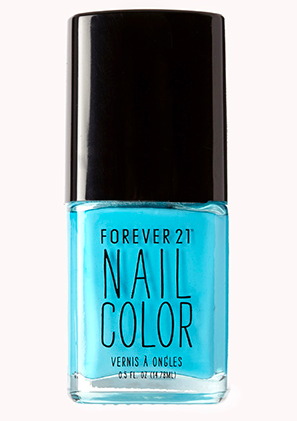 Forever 21 “Candy Blue” Nail Polish available here, $2.80
Forever 21 “Candy Blue” Nail Polish available here, $2.80
Essie “Truth or Flare” Nail Polish available here, $8.50
Mischo “Jackie” Nail Polish is currently sold out, but check out the site to see when it will be restocked, $18
Lauren B. “Malibu Beach” Nail Polish available here, $18
Deborah Lippann “Blue Orchid” available here, $18
Milani Neon “Dude Blue” Nail Polish available here, $4.49
What’s your go-to nail polish shade for summer?
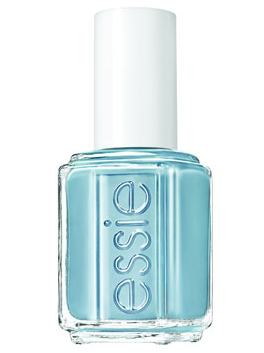
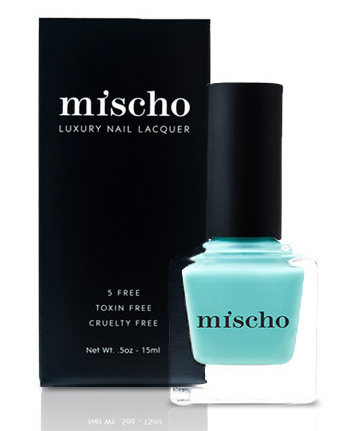



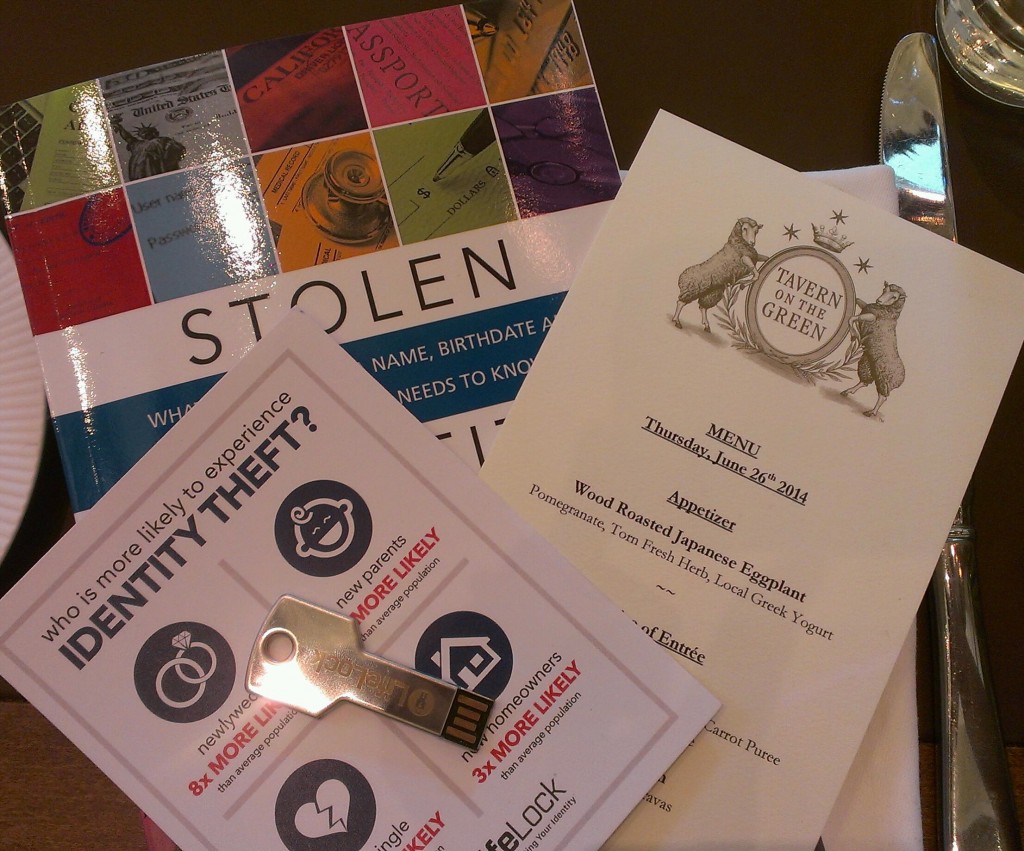 A snapshot from the LifeLock luncheon held at the iconic New York City restaurant, Tavern on the Green on June 26, 2014.
A snapshot from the LifeLock luncheon held at the iconic New York City restaurant, Tavern on the Green on June 26, 2014.
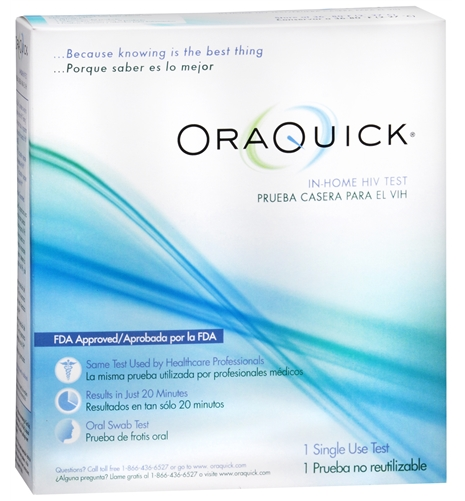
 Photo via: TVrage.com
Photo via: TVrage.com The beautiful exterior of a Baptist church in my Park Slope (Brooklyn) neighborhood.
The beautiful exterior of a Baptist church in my Park Slope (Brooklyn) neighborhood.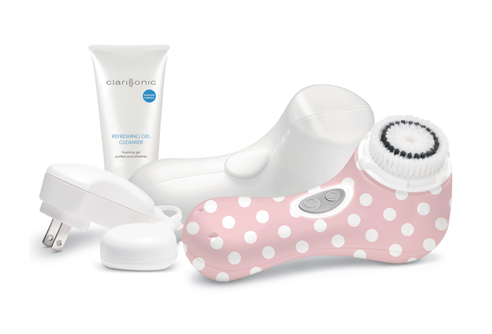
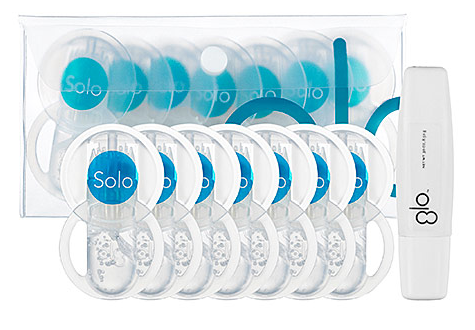
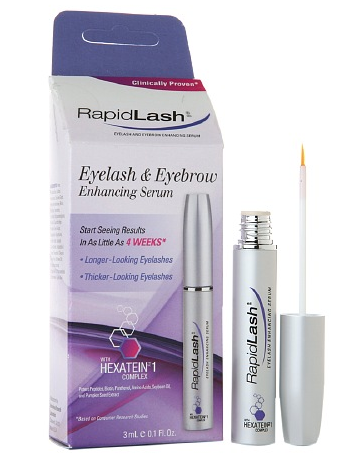
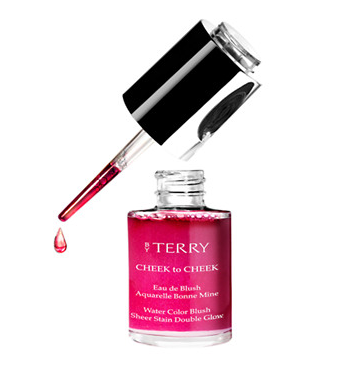
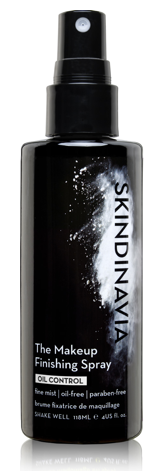
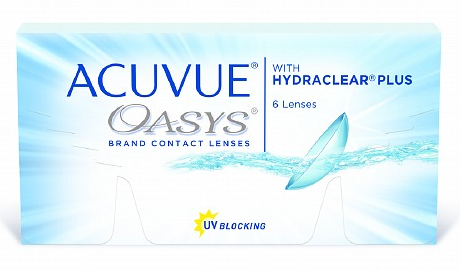 Visit
Visit 


